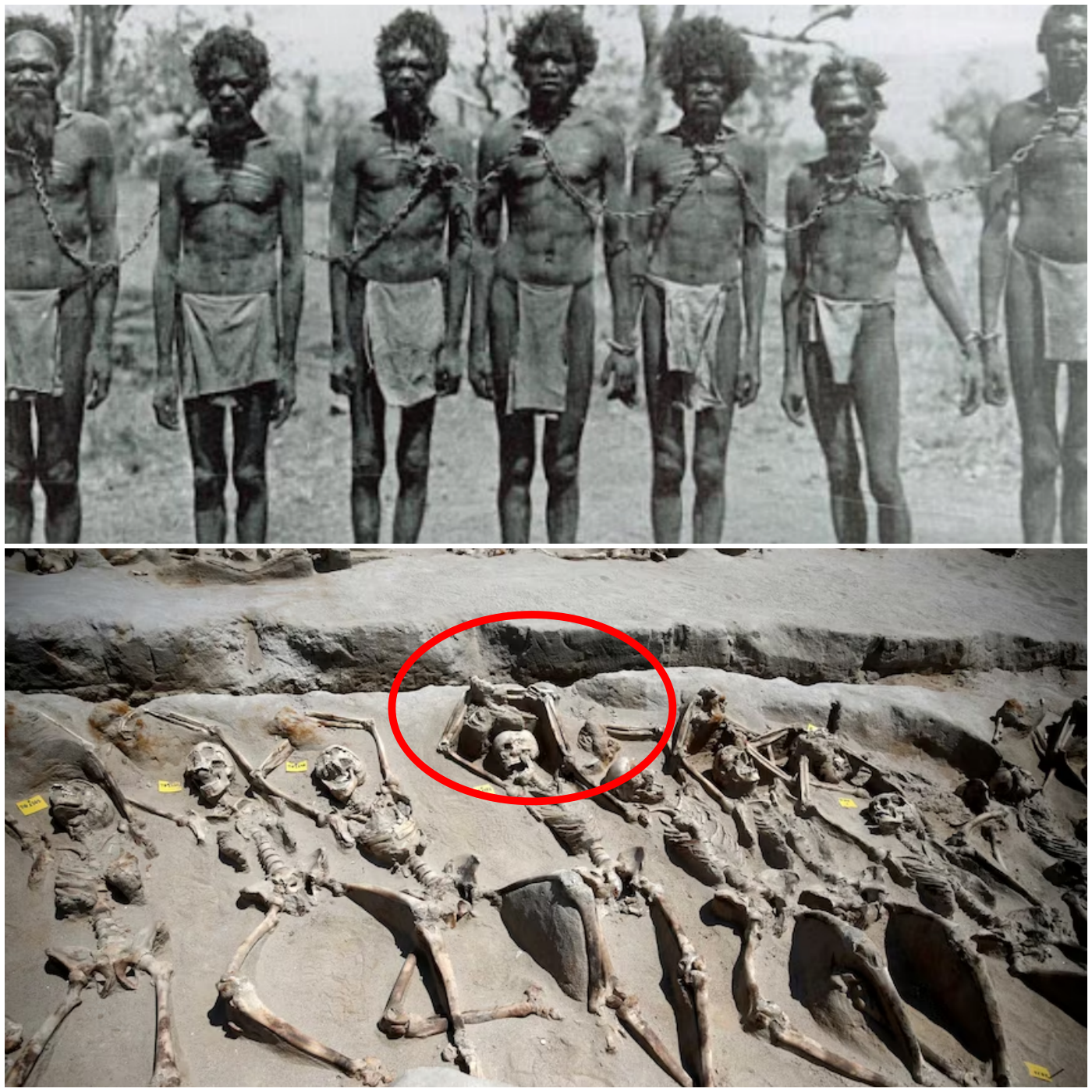Archaeologists have made a chilling discovery in a Greek cemetery, unearthing the remains of 80 individuals who appear to have been executed in ancient times. These skeletons, found shackled at the wrists, offer a rare glimpse into a dark chapter of Greece’s history.

The site, located in the Falyron Delta necropolis near Athens, dates back to the 7th century BCE, a period marked by significant social and political turmoil. The discovery was made during excavations for a new cultural center, revealing not only the skeletons but also various artifacts that paint a broader picture of the era.
The positioning of the skeletons, all aligned in a neat row and bound at the wrists with iron shackles, suggests a mass execution. This unusual burial method hints at a violent end, possibly linked to a rebellion or a political purge. Some experts speculate that these individuals might have been supporters of Cylon, an Athenian noble who attempted a coup in 632 BCE but was ultimately defeated.
What makes this find particularly significant is the state of the remains. The shackles are well-preserved, providing clear evidence of the circumstances of their deaths. This contrasts with other mass graves where skeletons are often jumbled, making it difficult to determine the exact nature of the deaths.
The discovery also raises questions about the identity of these individuals. Were they prisoners of war, rebels, or perhaps even victims of a tyrannical regime? Further analysis, including DNA testing and isotopic analysis, could provide more insights into their origins and health.
In addition to the skeletons, archaeologists found pottery and small offerings that may have been placed with the dead, indicating that despite their grim fate, there was some form of ritual or respect accorded to them. This aspect of the burial adds another layer to our understanding of ancient Greek society and its complexities.
The Falyron Delta necropolis is a treasure trove of historical information, with over 1,500 skeletons uncovered so far. Each discovery adds to the narrative of ancient Athens, revealing the harsh realities and the rich cultural practices of the time.
This grim discovery of 80 shackled skeletons provides a poignant reminder of the often brutal nature of ancient societies. As archaeologists continue to study these remains, they hope to uncover more about the lives and deaths of these individuals, shedding light on a tumultuous period in Greek history.
